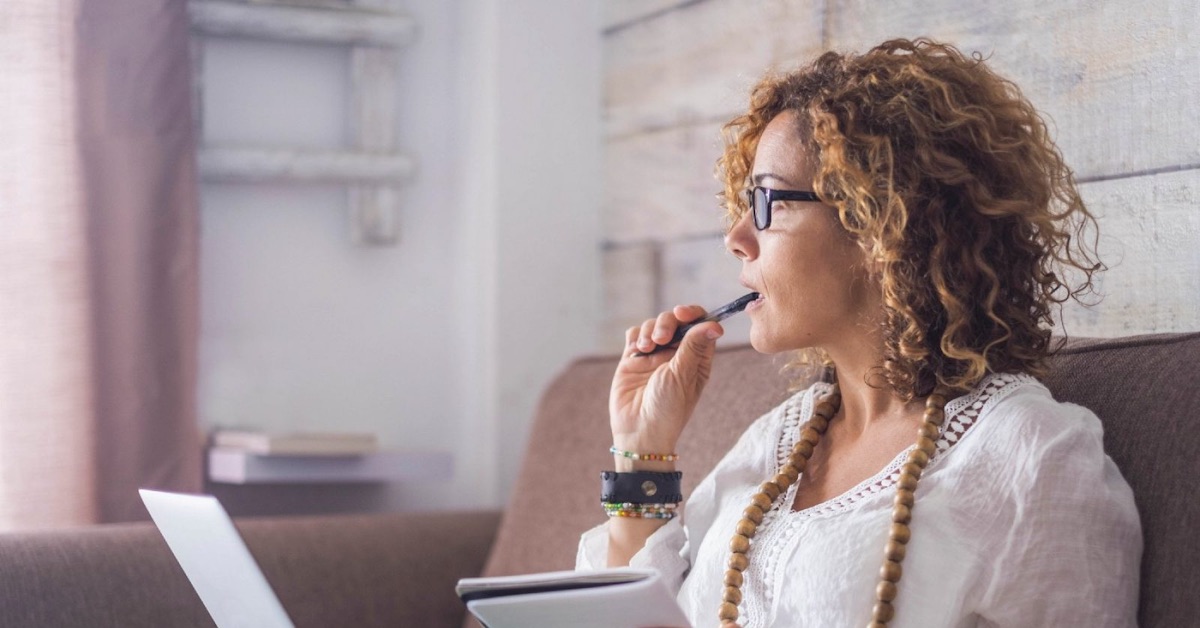Quartet Chief Mental Health Officer Robert Accordino Gives TEDMED Hive Talk

Quartet Health
July 16, 2020
What if a key to improving access to mental health care actually is technology?
Quartet Chief Mental Health Officer Robert Accordino addressed this question at the TEDMED Hive Talk, where he discussed how innovative technology and services can help people with mental health conditions get the care they need.
“With technology, we can leverage the expertise of a few to tackle the problems of many,” he explained. “Leveraging technology and services in the primary care setting can allow for improved interactions between primary care providers, mental health providers and patients. And, by leveraging clinical and claims data, it’s even possible to identify those who could benefit from mental health care earlier, and provide people with appropriate care faster.”
With approximately one in five Americans experiencing a mental health condition, there’s no doubt this is necessary. Here at Quartet, we’re using our technology and services to help identify people with underlying mental health conditions and connect them to personalized care teams comprised of mental health and primary care providers.
We know that when people with mental health conditions are connected to the right care in a matter of days rather than months, overall health improves.
Watch Accordino’s TEDMED Hive Talk here:
Explore more

Quality Mental Health Care, Wherever You Are
At Quartet, we know that mental health care isn’t one size fits all.

Take Your Own Advice: A Note to Therapists on Self Care During COVID‑19
COVID-19 added a layer of complexity for mental healthcare workers, who may be experiencing their own stressors and anxieties related to the crisis.

Fighting Two Pandemics: Supporting Domestic Violence Survivors and Their Mental Health Needs During COVID‑19
For some, following the stay-at-home orders for one pandemic may render them vulnerable to another: domestic violence.



